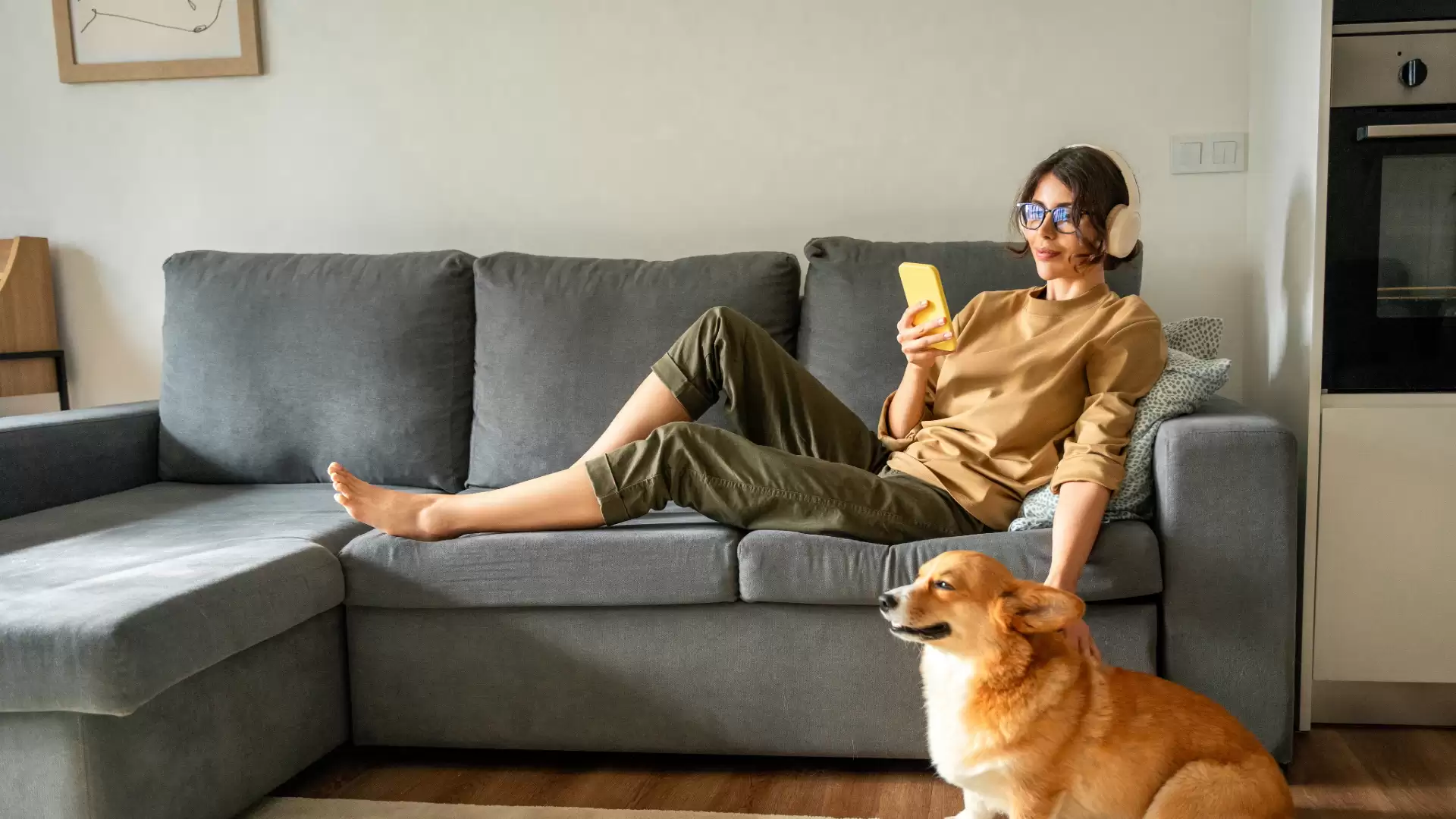Are You Actually Ready to Buy Your First Home?
As a tradie, you've probably been thinking about buying your first home for a while now. Maybe you're tired of paying rent, or perhaps you want to build some equity. But how do you know when you're truly ready to take that leap into homeownership?
Home ownership readiness isn't just about wanting a place of your own - it's about being financially and practically prepared for what comes with buying a home. Let's walk through the key indicators that suggest you're ready to start the home loan application process.
Your Financial House is in Order
Before any Home Finance & Mortgage Broker can help you access home loan options from banks and lenders across Australia, you need to have your finances sorted. Here's what lenders want to see:
• Stable income: As a tradie, your income might fluctuate seasonally. Lenders prefer to see at least two years of consistent earnings through your bank statements
• Deposit saved: Typically 5-20% of the property value, though this varies depending on first time home buyer schemes available
• Clean credit history: Any defaults or late payments can impact your borrowing capacity
• Low debt levels: Your existing debts affect how much you can borrow
The stronger your financial situation, the more loan amount options you'll have, and you might even qualify for interest rate discounts.
Understanding Your Borrowing Capacity
Your borrowing capacity determines how much you can actually borrow, not just how much you want to spend. Mortgage Brokers use your income, expenses, and existing debts to calculate this figure.
For tradies, this calculation can be more complex due to:
• Variable seasonal income
• Business expenses and tax deductions
• Equipment loans or trade vehicle financing
• Superannuation contributions and work-related expenses
A specialist broker who understands the trades industry can present your financial position in the most favourable light to lenders.
You've Researched Available Programs and Grants
First time home buyer programs can significantly reduce your upfront costs. Key options include:
First Home Owner Grants (FHOG): Each state offers different amounts and eligibility criteria. These grants can help with your deposit or reduce other buying costs.
Home Guarantee Scheme: This government program allows eligible first-time buyers to purchase a home with as little as a 5% deposit without paying lenders mortgage insurance (LMI).
Stamp duty concessions: Most states offer stamp duty reductions or exemptions for first-time buyers, potentially saving you thousands of dollars.
Understanding these benefits and whether you qualify is crucial before you apply for a home loan.
You're Prepared for the Ongoing Costs
Buying your first home involves more than just the purchase price. Consider these ongoing expenses:
• Mortgage repayments (principal and interest)
• Council rates and water rates
• Home and contents insurance
• Maintenance and repairs
• Strata fees (if applicable)
As a tradie, you might have an advantage here - you can potentially handle some maintenance tasks yourself, reducing ongoing costs.
Interest Rate Considerations
When applying for a home loan, you'll need to choose between variable interest rate and fixed interest rate options, or a combination of both. Consider:
Variable rates: These fluctuate with market conditions and often come with features like offset accounts
Fixed rates: These provide certainty for a set period, making budgeting more predictable
Your mortgage broker can help you understand which option suits your financial situation and risk tolerance.
The Right Loan Structure for Your Needs
Different loan structures offer different benefits:
• Standard home loans: Suitable for owner-occupiers
• Investment loan options: If you're considering keeping your current home as a rental property
• Offset account facilities: Can help reduce interest payments over time
• Professional packages: Some lenders offer special rates and fee waivers for certain occupations
Understanding the loan to value ratio (LVR) is also important, as this affects your interest rate and whether you'll need to pay LMI.
Getting Pre-Approved Makes Sense
Once you've assessed your readiness, getting pre-approved for your first home loan puts you in a stronger position when house hunting. Pre-approval:
• Shows sellers you're a serious buyer
• Gives you a clear budget to work with
• Speeds up the final application process when you find the right property
• Helps you understand your true borrowing capacity
The Property Market Reality Check
Being ready also means having realistic expectations about the property market in your area. Research:
• Median house prices in your target suburbs
• Recent sales data
• Market trends and seasonal patterns
• What type of property fits your budget
This research helps ensure you're looking in the right price range and locations.
Working with the Right Professionals
A streamlined application process starts with choosing the right team. A mortgage broker who specialises in working with tradies will:
• Understand your unique income structure
• Have access to banks and lenders nationwide
• Know which lenders are most favourable to trade professionals
• Help structure your application for the optimal outcome
They can also coordinate with other professionals like conveyancers and building inspectors to keep your purchase on track.
Home ownership readiness isn't just about having enough money - it's about being prepared for the responsibility and having the right support team in place. If you've ticked most of these boxes, you might be closer to buying your first home than you think.
Call one of our team or book an appointment at a time that works for you to discuss your home ownership readiness and explore your options.



